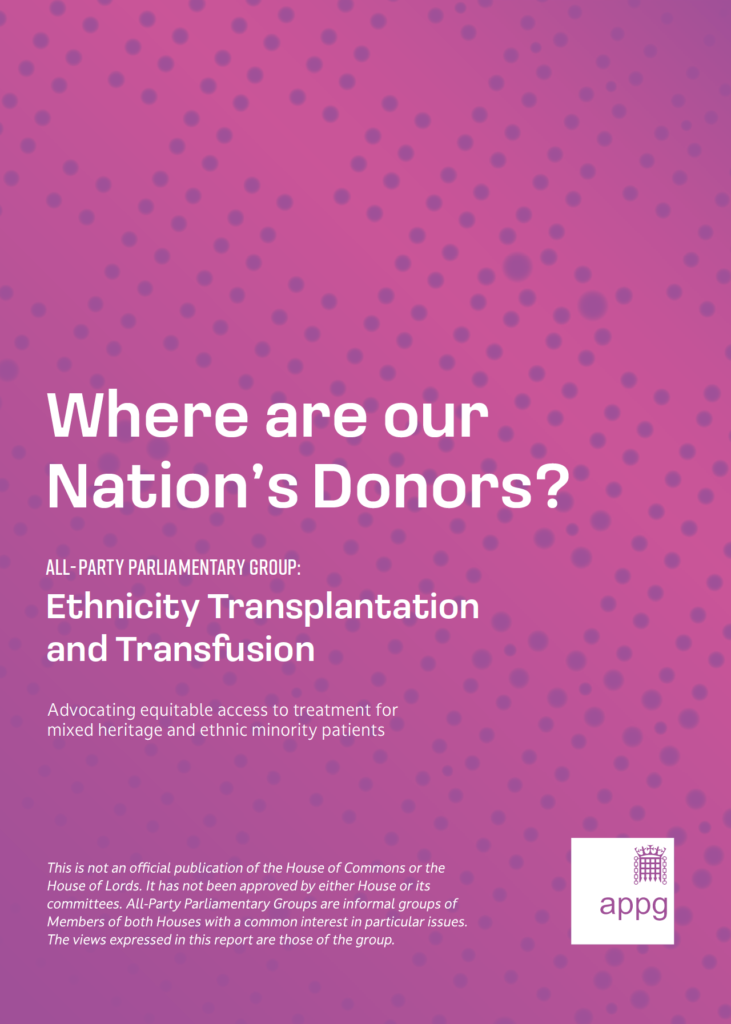Husband to Vicki and father to Oscar (2007), Rufus (2008), Digby (2015), Humphrey (2017) & Margot (2012-2014)
The United Kingdom stands at a unique intersection of cultural and demographic trends unlike any other developed nation. With the largest proportionate population of mixed heritage individuals in the developed world, the UK’s ethnic landscape is a relatively recent phenomenon, largely emerging since the 1960s. Unlike countries like South Africa, Brazil, and the USA, where the mixing of ethnicities occurred over a century ago, the UK’s demographic evolution presents fresh challenges that are only now beginning to manifest in public services and societal structures.
This demographic shift positions the UK as a global forerunner, grappling with issues that many other countries will likely face in the future. We are witnessing the first wave of a shift that could define demographic issues worldwide in the 21st century. As such, the UK’s experience and how it navigates these challenges will set precedents for others. Central to this is London, not just a capital city but a global melting pot where ethnicity, culture, and faith intersect more visibly and vibrantly than perhaps anywhere else in the world.
This diversity, whilst a strength, also brings to light significant challenges in healthcare. Originally created in 1948 to cater to the needs of a predominantly white population, the NHS today struggles to provide adequately for the whole population. More than 75 years later, a stark inequity in healthcare exists for 20% of adults in the UK who are mixed heritage or from an ethnic minority, and more ominously still, for more than a third of all children in primary and secondary schools.
Lives are being lost—and this situation is set to significantly worsen.
This health inequity is most acute when it comes to transplantation and transfusion treatments. Children of mixed heritage in the UK are at the forefront of this emerging need. They often face a higher risk of conditions requiring organ transplants and blood transfusions. The capacity to meet these needs is symptomatic of a broader issue: the UK lacks a coherent strategy to address the unique healthcare requirements of its changing demographic.
The stark reality is that whilst the UK is pioneering in facing these challenges, it does so without the robust data, policies, and strategies that are necessary to navigate this complex terrain effectively. The need for a strategic approach is critical, not only to address current gaps but to prepare for increasing future demands.

Click image above, or here to view and download report
The findings of the All-Party Parliamentary Group (APPG) for Ethnicity Transplantation and Transfusion underscore this urgent need and the shortcomings in healthcare. The group’s inquiry last year reveals a troubling gap in our healthcare system’s ability to serve the ethnically diverse population effectively. Mixed heritage and ethnic minority communities face significant delays and difficulties in accessing essential transplantation and transfusion services, exacerbated by a dire shortage of suitable donors. These communities are more likely to require donors yet find a devastating scarcity when needed most.
The APPG report “Where are our nation’s donors?” calls for immediate and sweeping changes, recommending the appointment of a minister for transplant and transfusion health inequalities, the establishment of an equality tsar, and rigorous reviews of all organisations involved in the transplantation and transfusion pathways. These steps aim to ensure that the public health system is accountable and that outcomes improve across all ethnic groups.
Drawing from poignant insights shared by Professor Gurch Randhawa, it is evident that while the NHS was historically a pioneering healthcare system, its current structure fails to protect the most vulnerable. As Prof. Randhawa noted during the pandemic, ethnic minority communities continue to face significant risks and barriers within the healthcare system, such as inadequate protection from COVID-19 and poor access to essential personal protective equipment (PPE).
With the new government, there emerges a unique opportunity to address these deep-seated issues. The Labour Party, with its foundational commitment to identity and social justice, is ideally positioned to champion these necessary reforms and review them to meet the Equality Duty.
Labour’s broader healthcare strategy, which emphasises prevention, equality, and comprehensive care aligns with the needs outlined in the APPG report. For example, conditions such as hypertension and diabetes, if better controlled, would not only improve quality of life but could also significantly reduce the demand for kidney transplants—a critical issue given the scarcity of suitable donors for ethnic minorities.
By taking a lead on these issues and restructuring parts of the healthcare system to be more inclusive and effective, the Labour Government can demonstrate its commitment to its principles of equity and justice. The demographic changes in the UK are not transient—they will shape the future of the nation and by addressing these issues proactively, they would not only better serve the urgent health needs of the population but would also set a global standard for how multicultural societies can equitably manage their healthcare systems.
Achieving this requires bold leadership and a commitment to transformative policies that go beyond mere adjustments. It calls for a systemic overhaul that places equality and data-driven decision-making at the heart of healthcare planning.
This is not just a matter of policy but is a profound duty to the future of the country – it’s about crafting a legacy of inclusivity and foresight, ensuring that every citizen, irrespective of their ethnic or cultural background, has equitable access to healthcare services.
And that’s a moral imperative that Labour cannot afford to ignore.
Team Margot’s mission
To help save and improve lives by educating, inspiring and motivating people, especially from ethnically diverse communities, to register as blood, organ, stem cell and bone marrow donors and to provide a range of support to families caring for child cancer patients.
Team Margot also provides secretariat support to the All-Party Parliamentary Group for Ethnicity Transplantation and Transfusion.